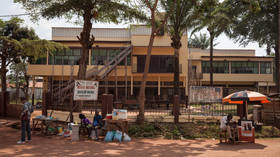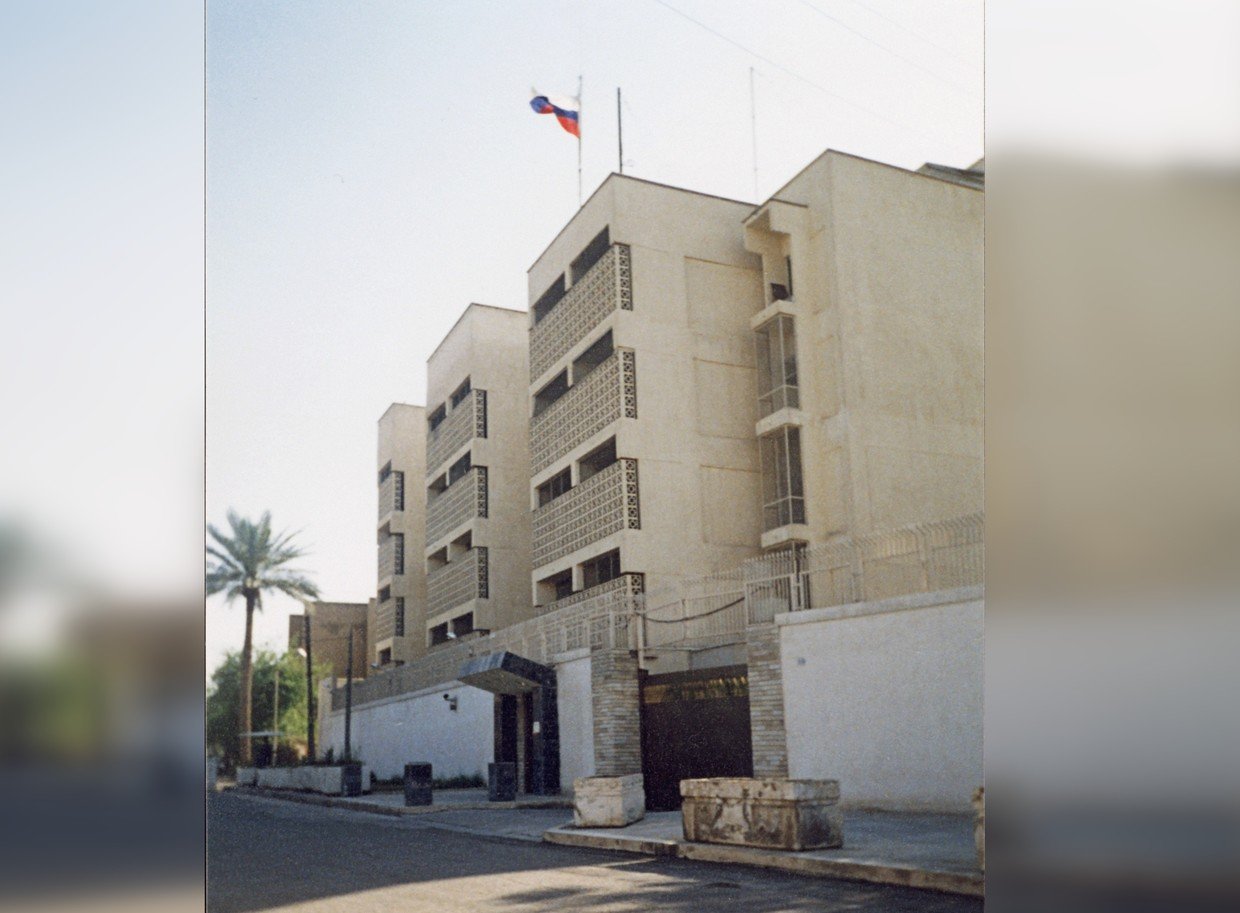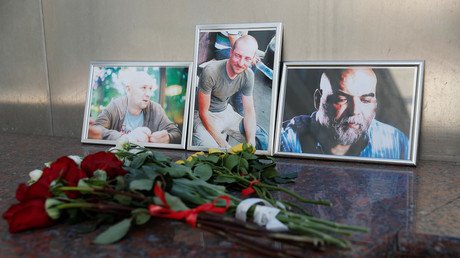Moscow’s pick of new envoy to conflict-ridden CAR is ‘good choice’ – ex-diplomat to RT

Moscow has assigned a new envoy to the Central African Republic (CAR) as the country faces fresh internal conflicts. However, appointing a new ambassador is nothing out of the ordinary, a veteran diplomat told RT.
Vladimir Titorenko was appointed ambassador to CAR on Tuesday. He replaced Sergei Lobanov, who had been Moscow's envoy since 2011. A career diplomat, Titorenko, 60, was stationed in Iraq in the 1990s, following the Gulf War. He eventually became chief envoy to the Arab nation not long before US President George W. Bush launched an invasion in 2003. Moscow ordered the evacuation of its mission as US troops were storming Baghdad. Titorenko was wounded when the diplomats' motorcade was caught in crossfire. He was awarded with the Order of Courage soon after, becoming the first ambassador Russia to receive this state decoration.

Upon leaving Iraq and recovering, Titorenko served as ambassador to Algeria and then to Qatar. In 2011, he was injured while defending diplomatic correspondence after security staff at an airport in Qatar's capital Doha attempted to check it. This, despite the Russian diplomat having permission to carry the documents without screening.
Foreign Ministry spokesperson Maria Zakharova said that the envoy to CAR was changed as part of routine rotation. Titorenko's appointment is "not something extraordinary," former envoy to Sub-Saharan nations Burkina Faso and Mali, Yevgeny Korendyasov told RT.
Ambassadors rarely spend more than five years in a country. There are, of course, exceptions but they are seldom.
Korendyasov, who now leads the Center for the Study of Russian-African Relations and African States Foreign Policy at the Russian Academy of Sciences, believes that Titorenko is a "good choice."
"He's the right man for the job. He is experienced, especially after working in Iraq," the former diplomat noted.
"In recent years, Central African Republic has been in focus of Russia's African policy."
Moscow trains the nation's army and police, with the UN's permission, and also seeks to foster economic ties with CAR.
The African nation itself is plagued by years of civil tensions with a number of rebel factions fighting against the government. Despite the presence of the UN peacekeepers, CAR remains one of the world's most dangerous places.
The situation on the ground grabbed headlines last summer after three veteran Russian investigative journalists were murdered on the road while travelling from CAR's capital Bangui, to the central town of Sibut. Media rights group Reporters Without Borders (RSF) called for an international inquiry into the incident.
While the full picture of events is still to be established, some details are known. The journalists entered the African country on tourist visas, without notifying the Russian Foreign Ministry or the Russian mission in CAR.
The Investigation Control Center (ICC) run by self-exiled Russian tycoon Mikhail Khodorkovsky, who funded the journalists' trip, said that the deceased reporters planned to film a documentary on the supposed activities of an alleged Russian private military company known as 'Wagner Group.'
Another of Khodorkovsky's projects, the 'Dossier' Center, claimed last week that the slain journalists were under constant surveillance by the group's paramilitaries. Notably, the Russian authorities never confirmed the existence of 'Wagner Group.' Moscow stressed that it only dispatches military instructors to CAR and does so under the official military cooperation agreement with Bangui.
The Russian Investigative Committee (Sledcom), which is leading the official probe into the journalists' deaths, said last week that Khodorkovsky's team offered the journalists $20,000 for the trip to CAR and failed to provide any security on the ground.
In addition, local military officials warned them that travelling unarmed down the countryside at night was highly dangerous due to criminal gangs being active in the area, investigators said.
Also on rt.com Lawmakers urge bill on journalists’ protection after Russian reporters murdered in AfricaThe journalists decided to head for Sibut after nightfall anyway. On July 31, they were stopped by a group of "unidentified people" who spoke Arabic. They demanded the journalists to exit their vehicle and surrender their equipment and personal belongings, according to investigators.
The journalists were gunned down after trying to resist the armed men, the Investigative Committee reported, noting that the probe is still ongoing.
The former head of the ICC, Andrey Konyakhin dismissed the Investigative Committee's findings.
The officials at Sledcom, however, stated that by blasting the investigators' efforts Khodorkovsky's team has ulterior motives in mind. They want to "justify their own errors in preparing the dangerous trip" to CAR, Sledcom noted.
Think your friends would be interested? Share this story!














